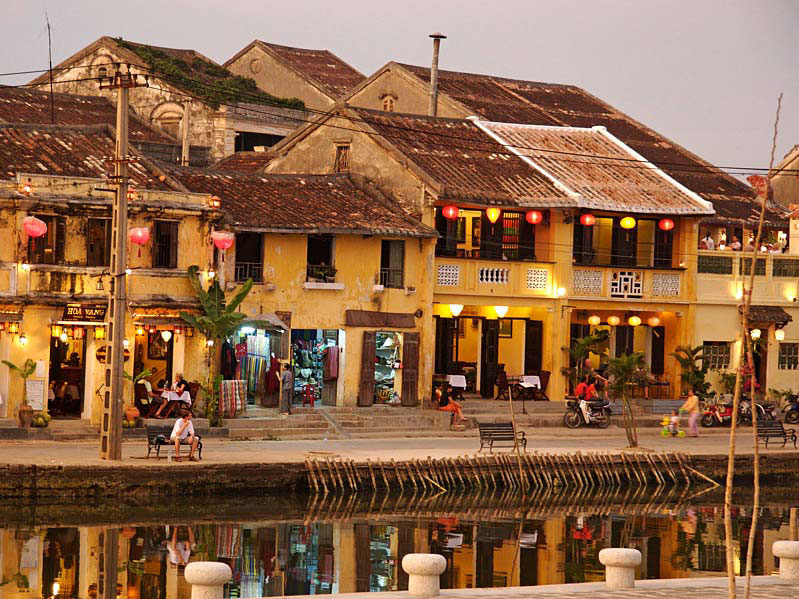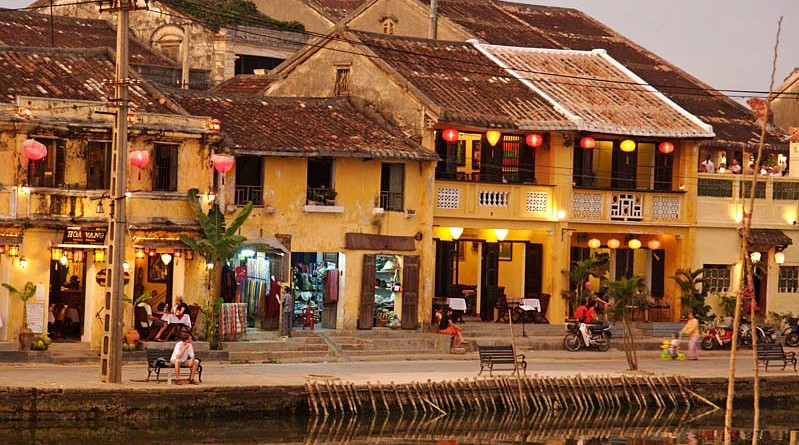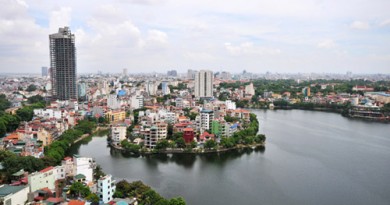Hoi An
 Hoi An is a town with rich historical and cultural past. Located in Vietnam, the city is south of Da Nang. The most convenient way to get to that announced by UNESCO’s World Heritage city is like land on the nearest airport in the city of Danang. It takes about 45 minutes by car to get from the airport to old town road.
Hoi An is a town with rich historical and cultural past. Located in Vietnam, the city is south of Da Nang. The most convenient way to get to that announced by UNESCO’s World Heritage city is like land on the nearest airport in the city of Danang. It takes about 45 minutes by car to get from the airport to old town road.
The unique architecture en Hoi An is a consequence of the fact that in the 16th and 17th century city was a major international port where European ships have supplied lead, sulfur and weapons, but departure from here, loaded with spices, oils, silk and porcelain. Although shipping and trade go here, the port moved to Danang.
As a result, many foreigners who arrive by commercial ships Tu Bon River here on local port Fo Fay, today still in the buildings of Hoi An is famous prints of the Japanese, Vietnamese, European, Chinese architectural style. Perhaps the biggest attraction here is the Japanese covered bridge, which is a kind of emblem of Hoi An. On it are built several temples, most of which is Taoist.
The bridge was built around 1600 by a Japanese community living here. Only 40 years after the bridge is ready, however, its the drivers are forced to leave their homes because of the strict policy of the Japanese Tokugawa shogunate.
Besides the religious buildings around a Chinese family and beautiful chapels. The two dominant cultures in the past centuries there are Japanese and Chinese. In the mid-18th century Japanese shogun stop international trade, thereby reducing and Japanese influence in Hoi An.
However, Chinese immigrants are becoming more and more. Trade allows many of them he prospered and build beautiful homes and large. Among these temples were built and the various Chinese communities, as well as rooms for religious rituals. These rooms feature a colorful interior and exterior, and roofing tiles are smooth in bright green. Internal walls have lavish ornamentation of drawings and engravings of dragons and mythical creatures.


